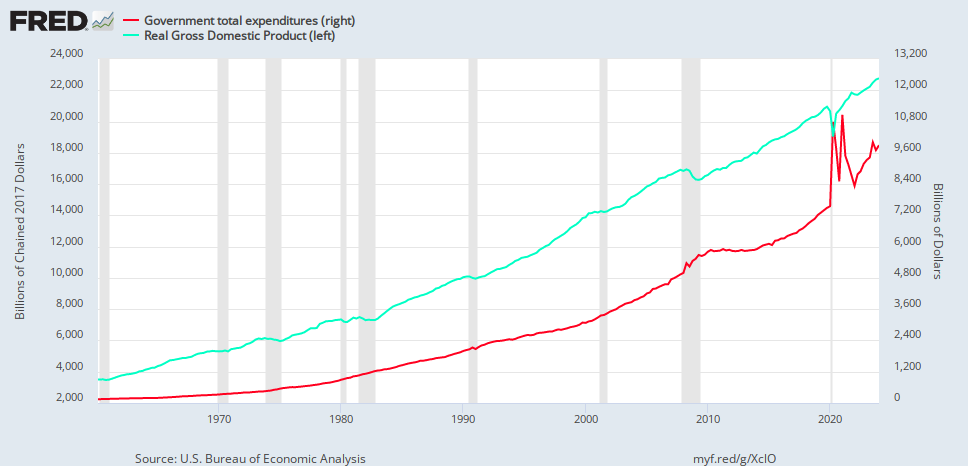The foundation is there. But this thread is about economics, not "rights" as a concept. If it were, we would talk past each other. You believe that "rights" only exist when granted by government. I believe that government cannot grant rights, but only protect rights, and grant privileges, powers, license, subsidy, etc.
That is the beginning and end of our debate on rights as far as basic economics goes. You brought up rights, not I.
If you start a thread titled, "Rights only come from Government," maybe in the ethics section, I will join in the fray. It sounds fun.
Yes, and I know that there were zero houses on the Island, and now there is one. There is also effectively unlimited opportunity for the people to build their own.
As far as whether it is better to have a home than not have a home, I do know that the overwhelming majority of them would prefer to have a home. There may be some that prefer the natural existence or are not interested in doing the work to create a home. In that case, for them there is no scarcity, certainly not a scarcity of shade caused by curring down a few of thousands of trees.
That people tend to act in their own interests by acquiring material possessions is a key principle of economics. Particularly in Marxist economics which are entirely materialistic. Historically it has only been when Marxism failed that the people who established it have announced that "materialism" is a bad thing and that we should all pursue more spiritual. The promise of Marxist revolutionaries is never that production will be minimized and we will "return" to a spiritual relationship to nature. The promise is that production will continue as before, or even improve under the wise guidance of worker committees and that the workers will receive the wealth created instead of the parasitical capitialists.
I proved their gain above with math, also: 1 House > 0 Houses.
They did not have one hundred acres of land. If they can be said to have "had" the land, then prior to the first European/English settlement, they had 1.9 Billion acres of land in the area that became the current United States. By the time they were fully confined to reservations, or living as racial minorities in the White United States, there was plenty of unused land left, expecially given how much smaller their numbers were by then.
Their near-genocide was not at all caused by famers taking up too much of their land, it was caused - as nearly all human misery is caused - by government incompetence or malevelance.
Yes, I do see the problem. I'll discuss that shortly.
Yes, I have made that argument about boxing people in also. Government would grant the use of property, but would also enforce an easement for people to walk through it if that were the only way to leave a given area.
I would argue that it isn't a "right" that government grants to land, but rather an agreement that a person can treat land as if it were his private property, the same as if he had created it. That is a privilege, a license called a deed, not a right. The "right" to own land is a legal fiction, but one which is often very beneficial to many people.
On my hypothetical island, the house builder probably doesn't think of the land as his, even if he correctly believes that the house is his. If the rainy season comes, and his house floods, because he didn't think of that possibility, he will just move it to another spot, not lament that "his" land isn't suitable for building.
Interesting. I had always thought that the government of Nazi Germany, for example, took away rights from Jews in Europe. The Jews actually had no rights except those they negotiated with government?

